Newspoll: Cut spending, taxes to curb inflation and ease living expenses
Middle Australia has strongly backed tax cuts for individuals and a curb on government spending to help ease the inflation burden.
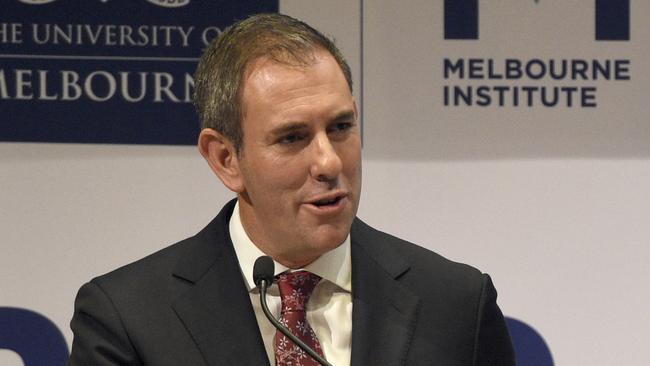
Middle Australia has strongly backed tax cuts for individuals and a curb on government spending to help ease the inflation burden, as the nation braces for another potential interest rate hike on Tuesday.
An exclusive Newspoll – conducted ahead of Tuesday’s meeting of the Reserve Bank to consider a first interest rate rise in five months – showed that a majority of people believed the best thing the government could do was to subsidise energy bills. This was followed by subsidising fuel prices, cutting government spending to reduce inflation, and tax cuts for individuals.
While still favoured by a majority of Australians, the provision of cash payments to low-income households was the least favoured option.
With falling living standards the top concern for a majority of households, the government is coming under increasing political pressure. This will only compound further should the central bank lift rates again.
The markets and most economists are leaning toward the 13th rate hike in 18 months, with the big four banks all predicting the RBA will raise rates another 25 basis points, to bring the cash rate to 4.35 per cent.
Economist Chris Richardson said: “Inflation has ticked up and it’s not just petrol, its not just the Middle East, it is popping up in new areas of the Australian economy and that makes it a bigger juggle. The new governor has talked tough and drawn a line in the sand … the inflation number has almost jumped over that line. Having set a test, they probably need to pass it, so I am expecting a rate rise.”
Corinna Economic Advisory principal economist Saul Eslake, was also tipping a rate rise but questioned whether it was necessary.
“I’m expecting they will raise rates by 25 points. I don’t say it with confidence … but I changed my mind after the CPI numbers came out,” Mr Eslake said.
“I’m not convinced it is absolutely necessary.”
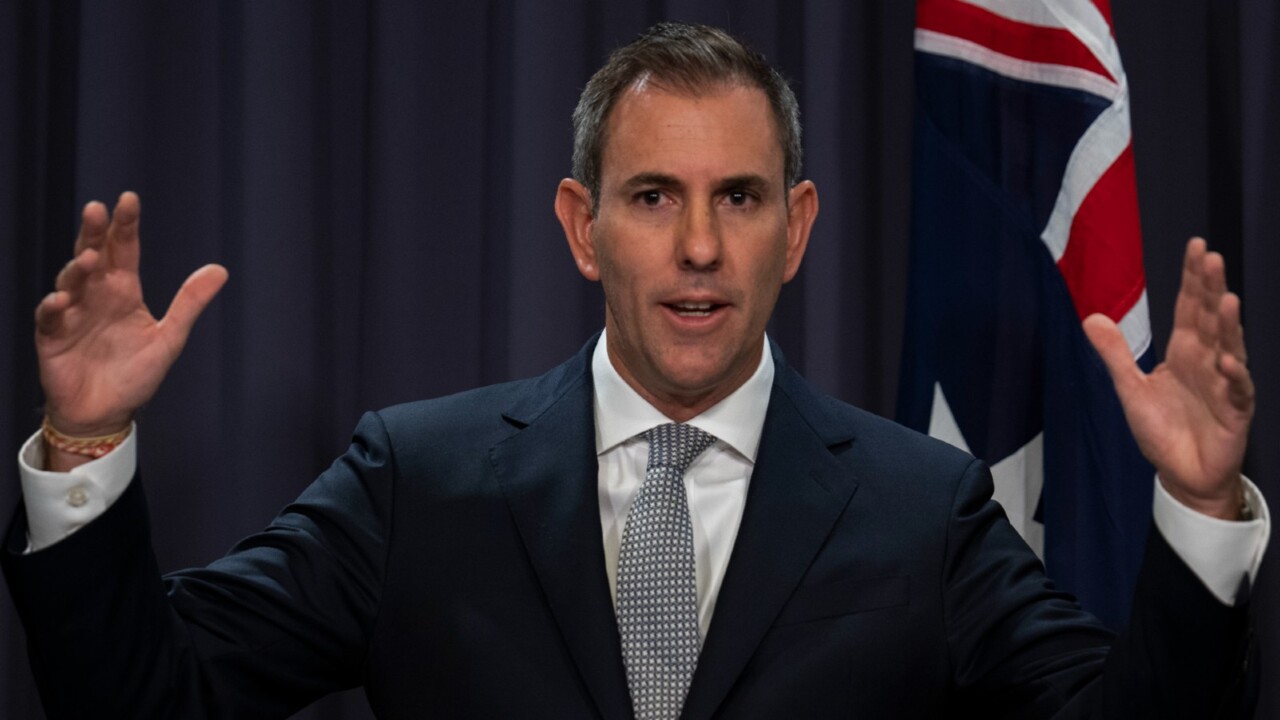
The Newspoll of 1220 voters revealed conflicting priorities among different age and income groups on how the government should respond to cost-of-living pressures. Lower-income households nominated cash payments ahead of tax cuts. But among 35 to 59 year-olds, tax cuts were considered the greatest priority after energy bill relief, ahead of payments to the poor, spending cuts and fuel subsidies.
Tax cuts were favoured more by those on incomes of between $50,000 and $149,000 than higher-income households and the lowest paid.
Voters were offered five choices when asked what measures the government should do to reduce the cost-of-living burden.
The strongest support was for subsidies on energy bills, with 84 per cent of respondents nominating this measure. The finding supports the government’s decision to intervene in the energy market last year and offer bill subsidies with the states and territories for low-income households.
Fuel price subsidies were the second most cited measure, backed by 81 per cent. The Albanese government has refused to restart fuel subsidies, which were brought in under the previous Coalition government. The six-month cut to fuel excise expired in September last year.
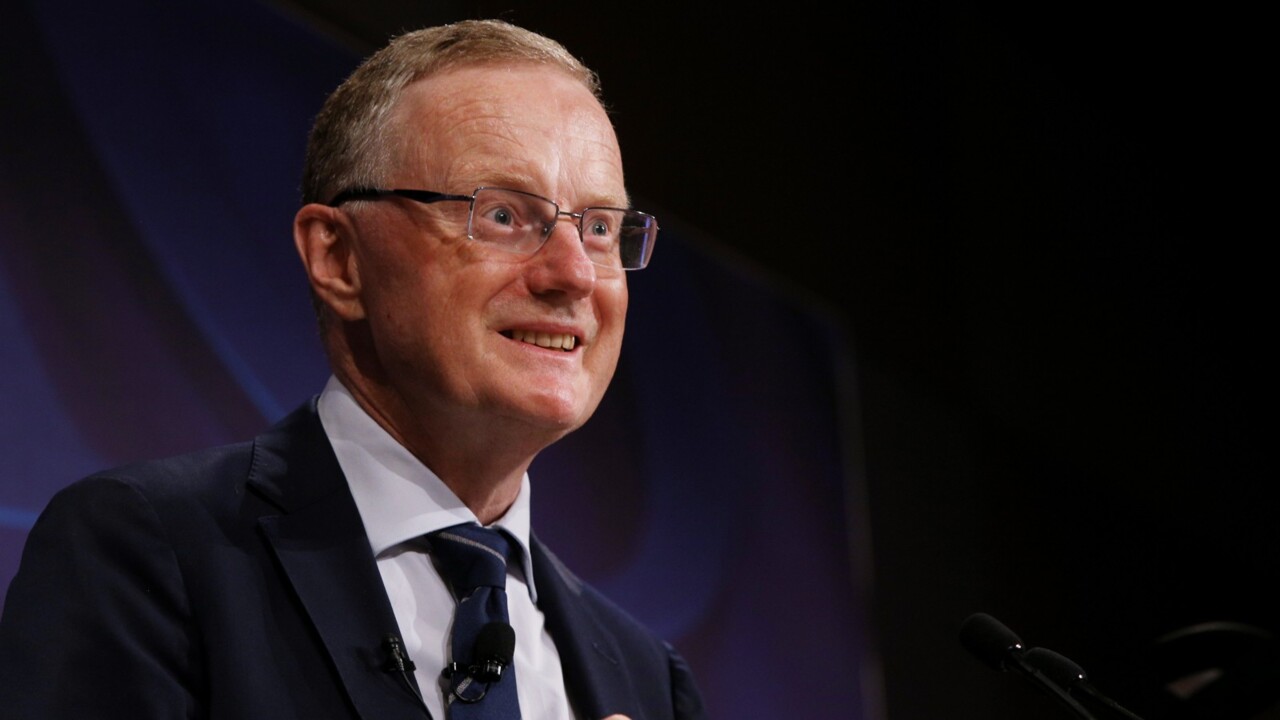
The third most popular action was a cut in government spending to help curb inflation, with 77 per cent support. Treasurer Jim Chalmers this week signalled the government would peg back infrastructure spending and urged state governments to do the same following an International Monetary Fund report citing Australia’s capital works pipeline as inflationary.
A total of 73 per cent of voters backed income tax cuts for individuals as a key measure to help with cost of living. The Albanese government has repeatedly committed not to repeal the Coalition’s state three tax cuts, which come into effect next year.
The least-favoured option was the government giving cash payments to low-income households with only 56 per cent of voters supporting such an action.
There was almost universal agreement among city-based and regional voters, however, men were less inclined to support government intervention than women. While 89 per cent of female voters backed energy bill subsidies, 78 per cent of male voters agreed. Only 74 per cent of men agreed with fuel subsidies, compared with 88 per cent of women. The margin of difference was similar for tax cuts and cutting government spending although both male and female voters were less agreeable to cash payments to low-income households.
Even among low-income households, energy bill relief, fuel subsidies and cutting government spending ranked higher than tax cuts and cash handouts.
Younger voters nominated fuel subsidies ahead of energy bills and were equally favourable to cutting government spending and tax cuts. But they were the age group most strongly in favour of cash payments to low-income families.
Greens voters were also most favourable toward cash payments compared with Labor and Coalition voters, but were the highest supporters of energy bill subsidies (90 per cent).
Coalition voters nominated the cutting of government spending as their highest-ranked action.


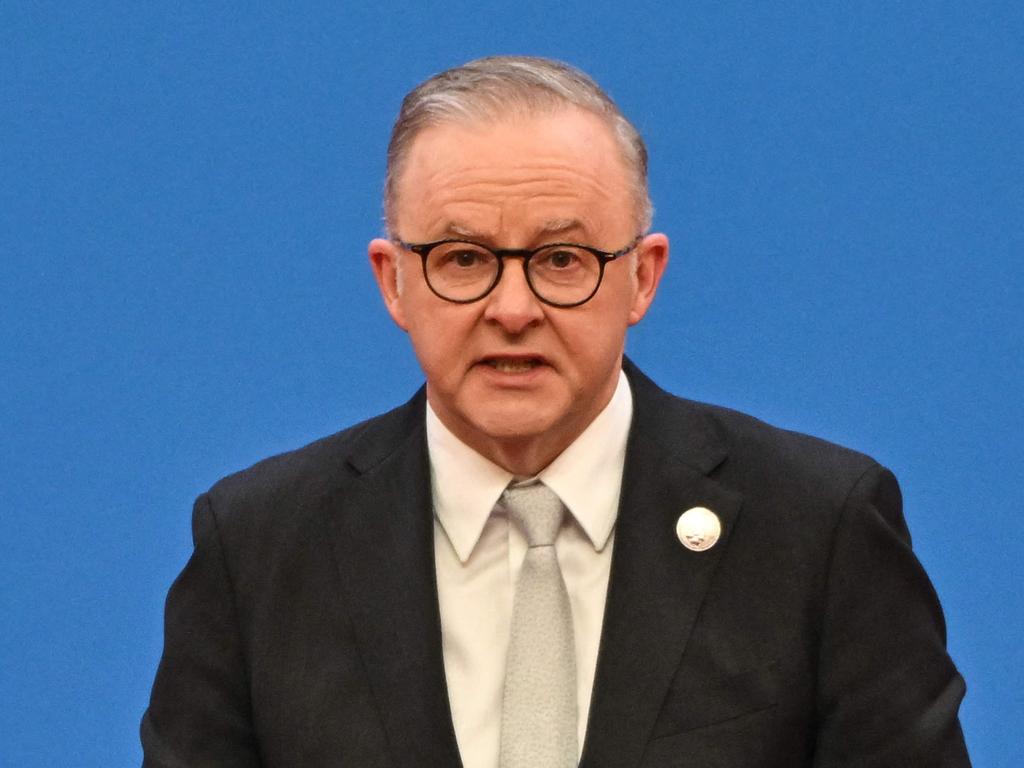

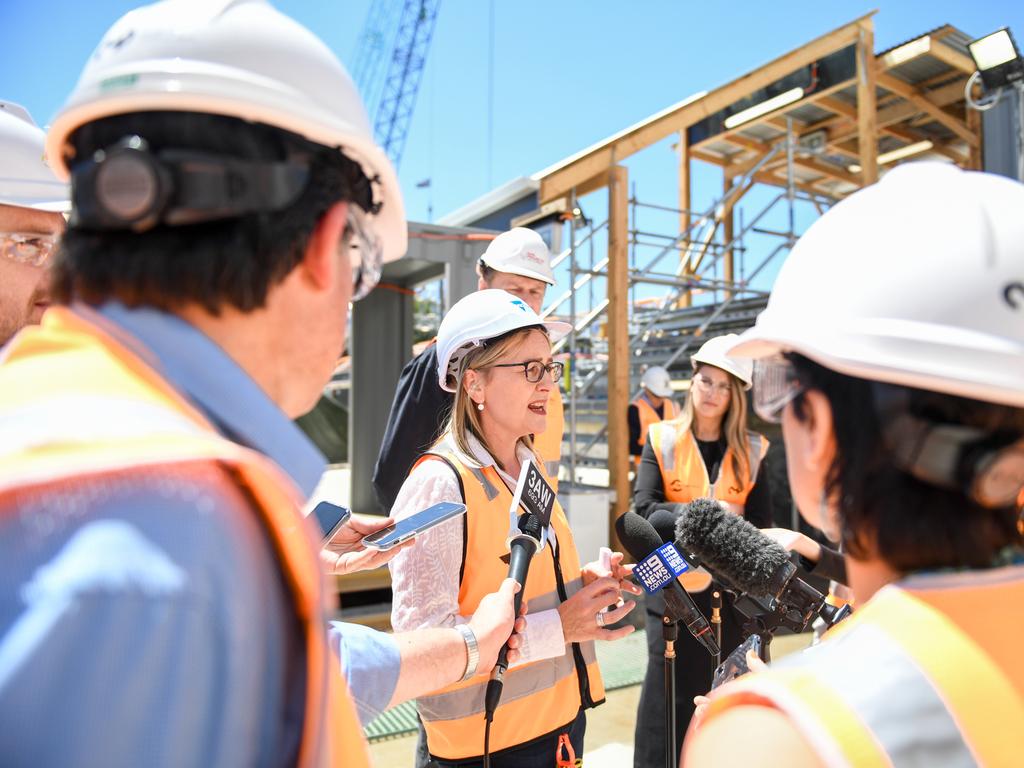
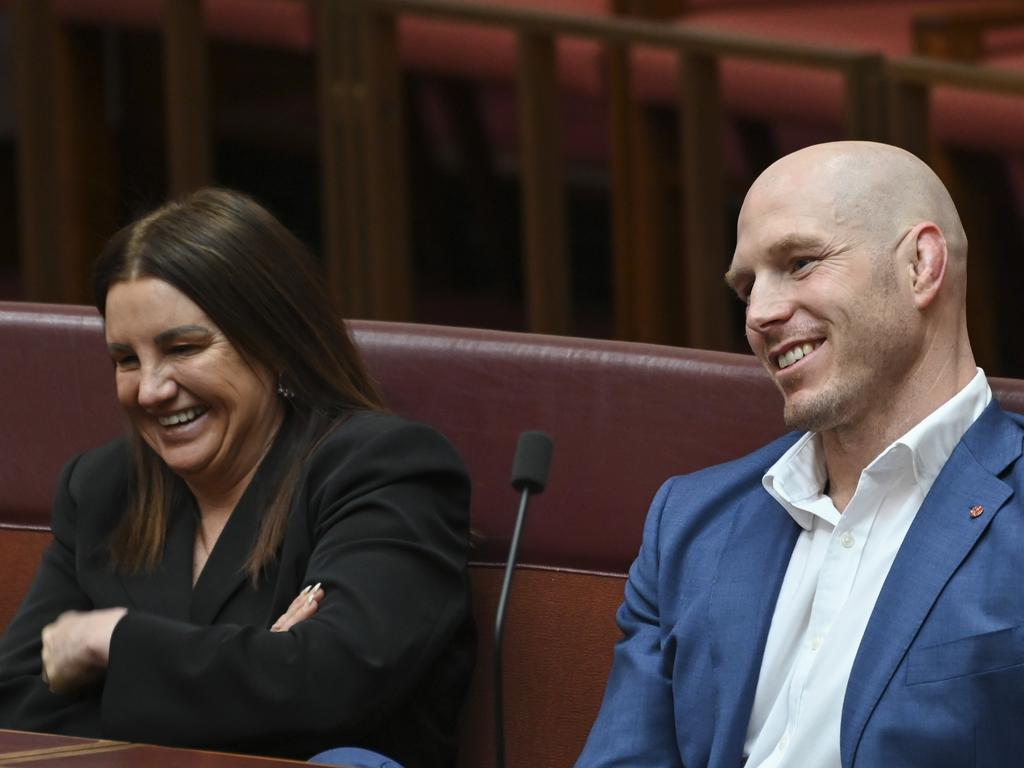


To join the conversation, please log in. Don't have an account? Register
Join the conversation, you are commenting as Logout